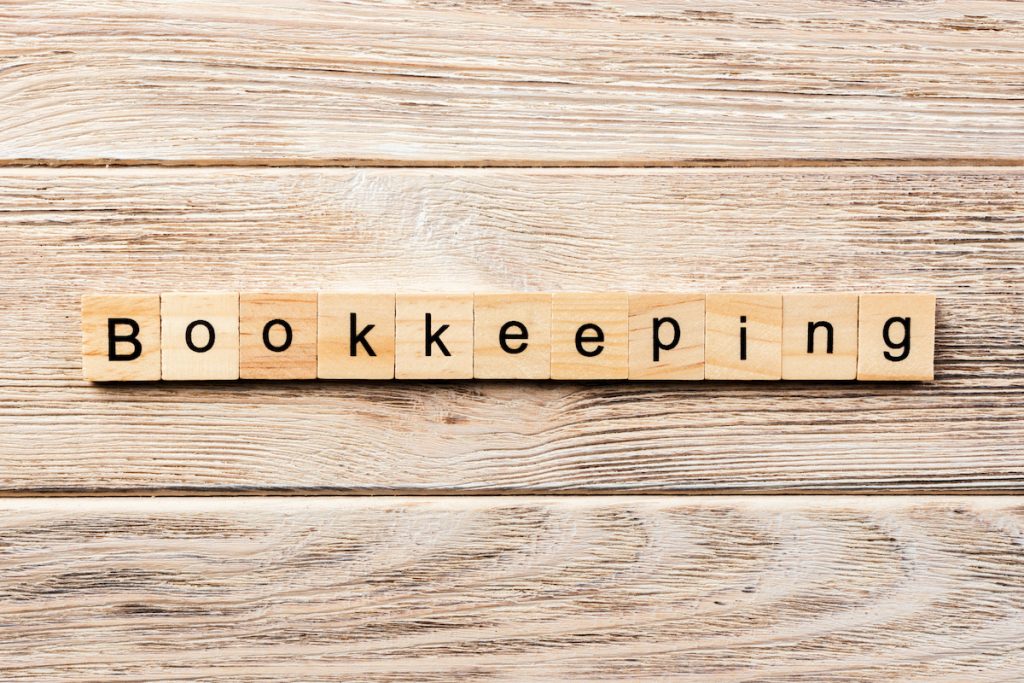Need someone to manage your business finance? Looking for a professional with recording experience who understands cash flow and can provide financial assistance to make better strategic decisions? So, is that someone you’re looking for an accountant or a bookkeeper?
In general, people have the wrong understanding of these two as they might seem like being the same thing. The truth is, although both bookkeepers and accountants manage finances and generate financial reports, they are quite different.
Therefore, Syndeo Group – the leading accounting firm providing exceptional financial assistance in Brisbane and the surrounding area – has decided to help you learn the difference so that you can make an informed decision when choosing a professional to take care of your finance.
How do Accountants and Bookkeepers Differ?
- Bookkeepers Just Record Financial Data, Accountants Analyse It
The main difference between these professions is the way they handle financial data. That said, you should understand that bookkeepers only record, keep, and measure transactions to ensure your business runs smoothly.
On the contrary, an experienced accountant would not only record data but also summarise and analyse it so that you can make smart decisions that largely affect the financial situation of your business. For instance, with the help of an accountant, business owners can decide whether or not they need to downsize staff, cut back on purchases, etc.
- Bookkeepers Perform Administrative Tasks, Accountants Help with Audits and Advice
Here’s where the different roles of bookkeepers and accountants become noticeable. Bookkeepers only perform administrative tasks whereas accountants provide help with audits and offer professional advice.
Briefly put, a bookkeeper does the following:
- run and maintain a payroll system
- process invoices, payments, receipts – any kind of financial transactions
- reconcile bank accounts and prepare reconciliation reports
- manage accounts receivable and accounts payable
On the other hand, an accountant offers the following professional services:
- help in setting up a business
- corporate reporting and compliance
- cash flow forecasting
- budgeting
- auditing
- asset protection structuring
- tax advice and planning
- financial statements preparation
- income tax returns preparations
Now, you can agree that the difference is noticeable!
- Bookkeepers Have Basic Qualifications, Accountants Have at Least a Bachelor’s Degree
Last but not least, different training levels are required for being an accountant or a bookkeeper. Namely, one can become a bookkeeper after learning the basics of accounting even by taking a couple of courses. However, a bookkeeper should also be good at mathematics and have experience in performing administrative tasks.
Nonetheless, an accountant should have at least a bachelor’s degree in accounting to be able to perform the job. Plus, one can also become a public accountant for a higher authority level and expertise. Accountants should also act under the accounting code of practice and comply with strict requirements.
Conclusion
It goes without saying that there are some crossovers between bookkeeping and accounting. But, by choosing to hire an accountant, you can ensure you get the best possible financial assistance and management possible. With that in mind, don’t hesitate and contact Syndeo Group today.



